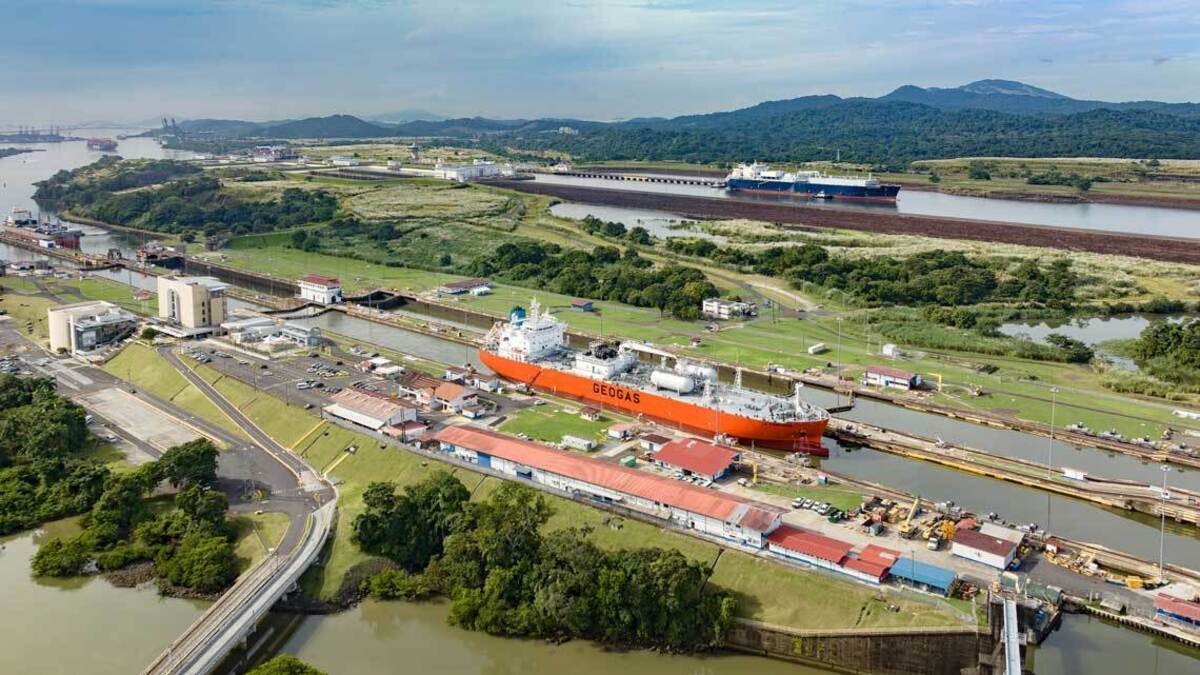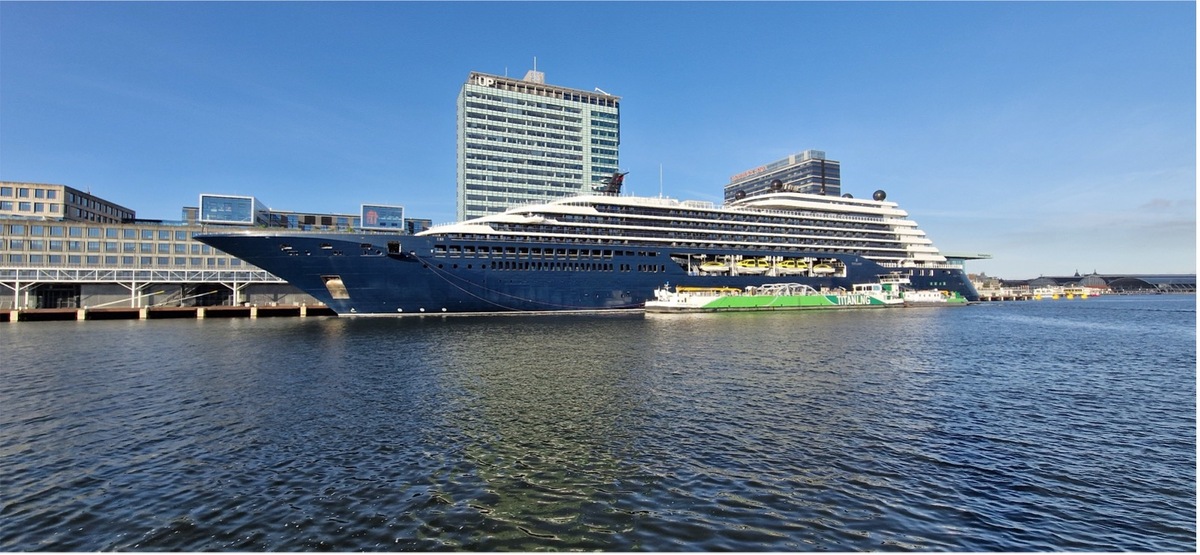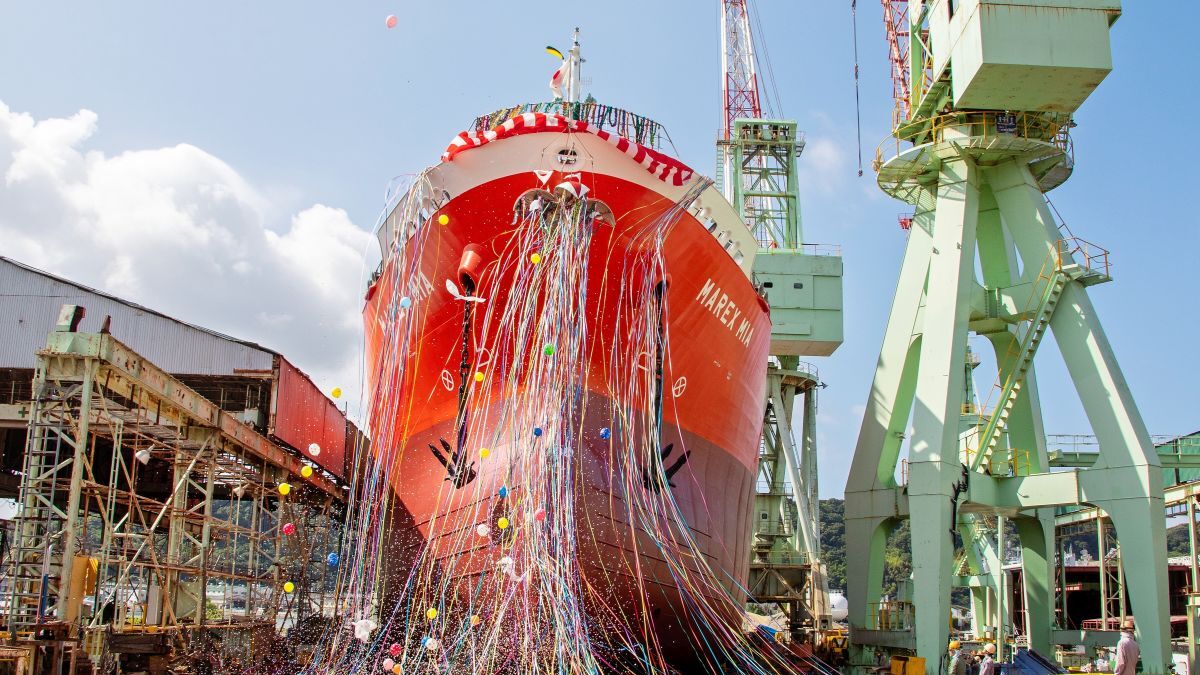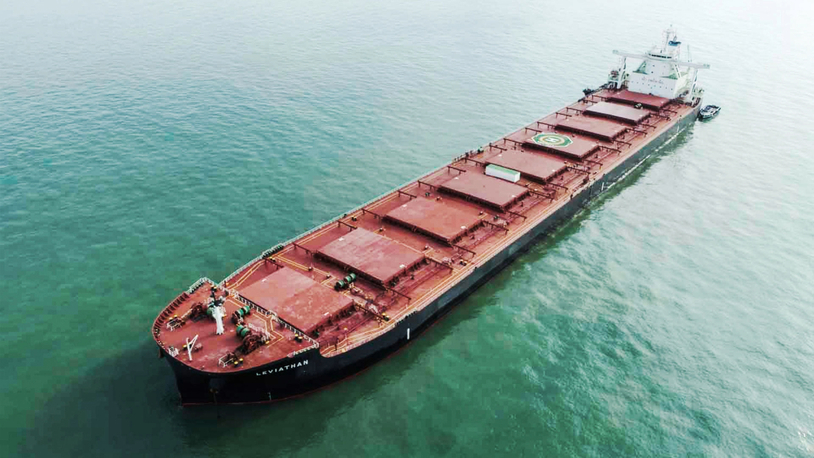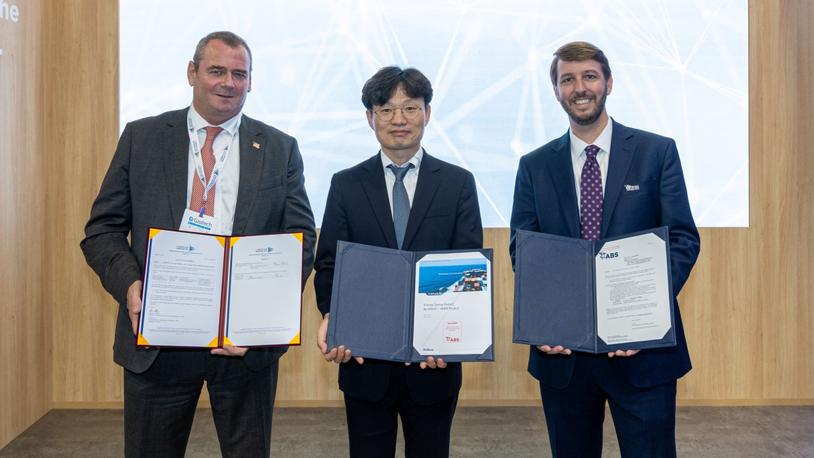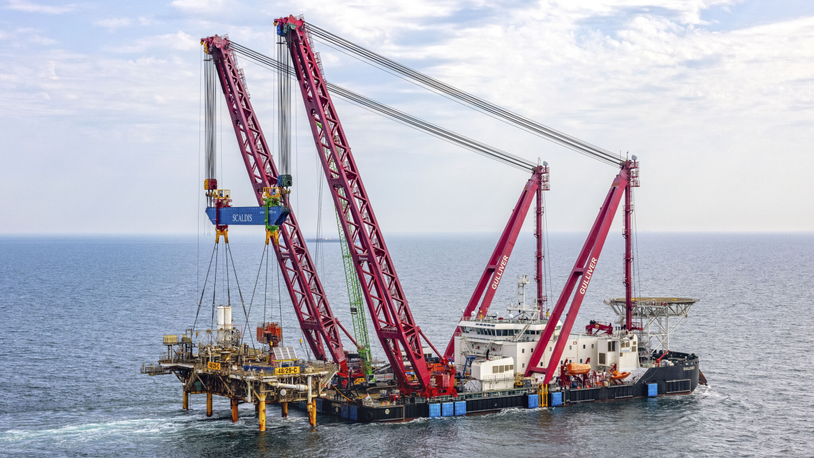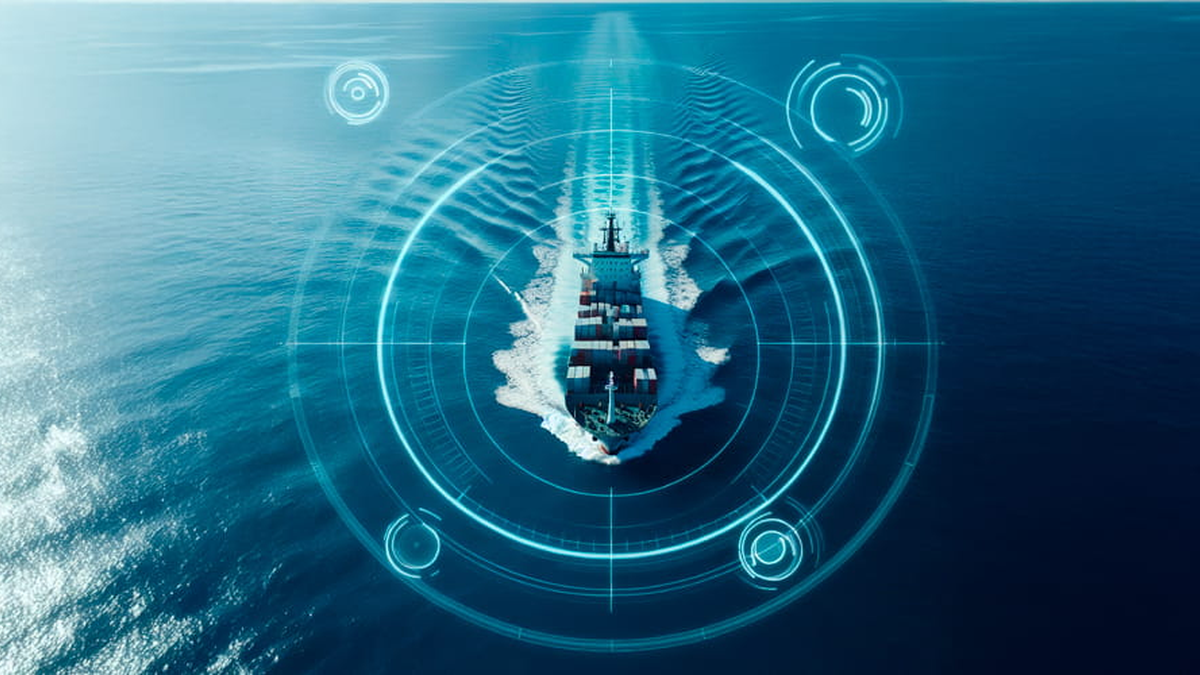Business Sectors
Contents
True digital transformation starts with human capital
GAC’s Martin Wallgren says human expertise and technological innovation must work together for digital transformation to be successful
Covid-19 has triggered a renewed focus on addressing existing business problems. Shipping leaders are seeking new ways to reduce costs, solve pressing problems and support a safe return to prepandemic profitability.
One facilitator of such problem solving is the application of technological solutions and increased digitalisation of day-to-day operations through data integration and the internet of things (IoT).
However, any venture into digitalisation needs to be well thought out, planned and implemented correctly. True digital transformation requires the integration of digital technology into all areas of a business, fundamentally changing how you operate and deliver value to customers.
It takes long-term commitment and a grounded approach that targets achievable and measurable boosts to profit, performance and safety. Therefore, it is likely to be some years before we will see moon-shot technological advancements such as artificial intelligence fully integrated into the shipping industry.
In part, this is because the sector is inherently cautious and slow to uptake new technologies. It is also because ships are expensive, hence adopting new technologies and consequent transformation, digital or otherwise, comes with a higher risk.
Unlike emerging industries, shipping’s rich heritage carries ingrained legacy systems across the sector which present a further barrier to the adoption of revolutionary technology.
Although many of us may describe ourselves as ‘tech savvy’, relearning the basics of digitalisation – be it through a Microsoft Office 365 refresher course or enrolling in cyber security awareness training – is vital to ensuring your business is prepared for the next step along the digital journey.
Sometimes, nothing fancy in digital terms is required to make operations easier and save cash. Digital identity, for example, can be hugely beneficial for home-based workers to make sure we have access to the right information in a secure way.
Many businesses and sectors fail to effectively implement digital solutions, due to inadequate or poorly executed onboarding and training of staff and customers to the new solution.
In essence, they do not place enough emphasis on the cultural change needed to deliver digital transformation.
It takes a willingness to continually challenge the status quo, while being comfortable in the face of failure.
Efforts should be made to ensure that human expertise and technology are integrated into digital transformation, without over relying on either.
Part of this is in delivering the right kind of integrated services for customers, something GAC has seen as a business driver in recent years.
In this new model, the ship agent taps into available technology to ensure operations are timed optimally and performed efficiently, while relevant information is forwarded on to the right parties, reducing the burden on masters, owners and operators.
Another part is based on using technology and the quality of data it gathers intelligently – and how insights are processed and packaged for customers to use.
Ultimately, for digital transformation to be successful, human expertise and technological innovation must work together, not be mutually exclusive.
For the shipping industry, the key is to strike a balance between integrating relevant technologies now, while keeping an eye on future developments.
All parties should be transported on the digitalisation train, with the benefits communicated with clarity and enthusiasm.
Martin Wallgren is group chief information officer for shipping, logistics and marine services group GAC, which operates fleets of tugs, anchor handlers, barges and crew boats in the Middle East, Caspian and Indian region.
Digitalisation was discussed during Riviera’s Offshore Support Journal, Middle East virtual conference on 9-10 November 2020
Related to this Story
Events
LNG Shipping & Terminals Conference 2025
Vessel Optimisation Webinar Week
Marine Coatings Webinar Week
© 2024 Riviera Maritime Media Ltd.




